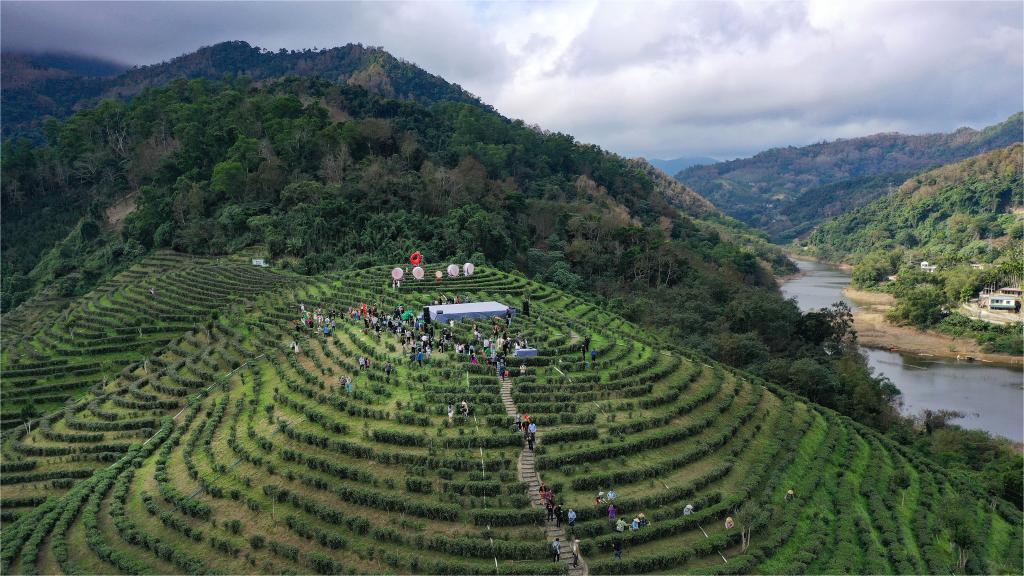Space-exposed potato seeds enter experimental planting stage in N China

A staff member records information of potato seeds at the technology innovation center of Xisen Potato Industry Co., Ltd. in Shangdu County, north China's Inner Mongolia Autonomous Region, Jan. 8, 2024. (Xinhua)
HOHHOT, Jan. 15 (Xinhua) -- Chinese researchers have started breeding experiments on 66,500 potato seeds that were taken into space aboard the Shenzhou-16 crewed spaceship and stayed for over 180 days.
After the seed germination, cultivation and transplantation, superior seed varieties will be selected and further evaluated, said Zhang Linhai, director of the technology innovation center of Xisen Potato Industry Co., Ltd., which is in charge of the task.
Space breeding refers to exposing seeds or strains to cosmic radiation and microgravity in space to mutate their genes, so as to create new species or varieties with greater performances like shorter growth period, higher yield and better resistance to diseases.
Researchers from the center in Shangdu County in north China's Inner Mongolia Autonomous Region plan to breed potato varieties with salt-alkali tolerance and higher yields through experiments that use advanced gene-editing technology to assist traditional genetic breeding.
This approach has the potential to reduce the breeding cycle from over a decade to just a few years, Zhang said.
It is the second time Xisen Potato Industry Co., Ltd. has sent seeds into space. In June 2022, 20,000 potato seeds selected by the company were sent to China's space station via Shenzhou-14, returning to earth after 182 days.
It was in 1987 that China sent its first crop seeds including rice and pepper into space, marking the start of the country's space breeding journey. Over the past thirty-odd years, it has conducted over 30 such space experiments involving plant seeds, seedlings and strains, resulting in the cultivation of almost 1,000 new varieties.
Photos
Related Stories
Copyright © 2024 People's Daily Online. All Rights Reserved.









